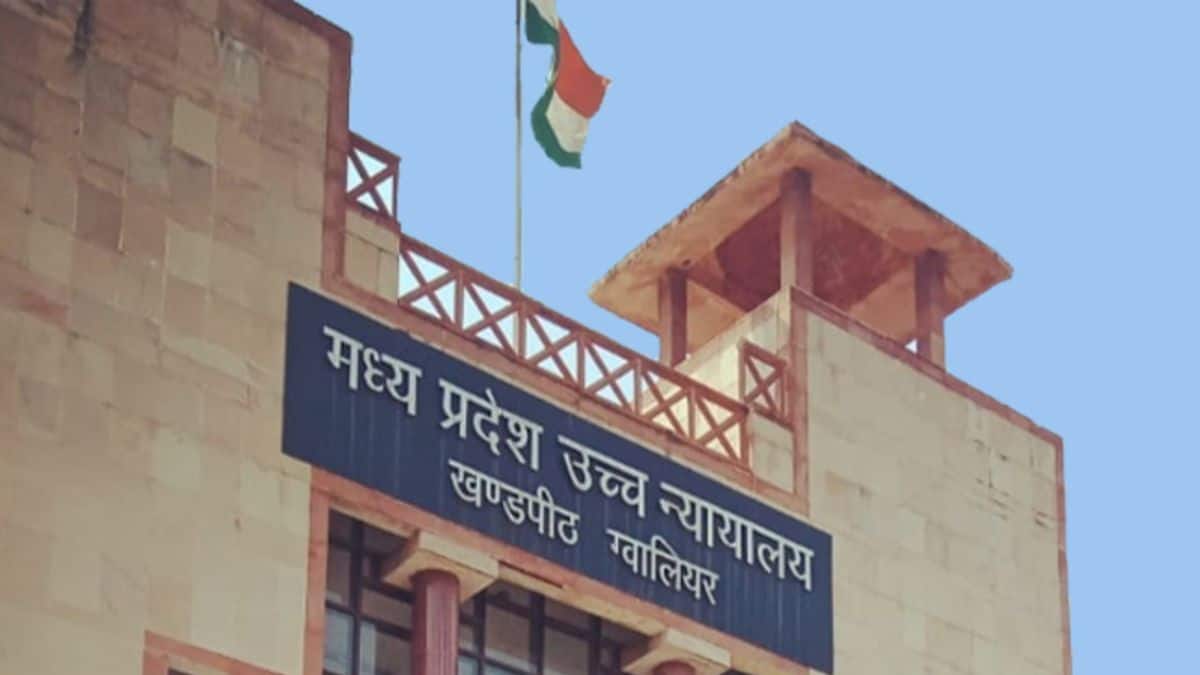In the case of Sant Kumar Patel and Others versus The State of Madhya Pradesh and Others, the Madhya Pradesh High Court has set a significant precedent regarding the authority of accused individuals in criminal investigations. The court determined that accused persons do not have the power to dictate the manner in which an investigation is conducted or to choose the investigating agency.
The decision came in response to requests by the accused to influence the investigative process and select specific agencies to handle their cases. The court’s ruling clarified that such demands are not legally permissible. “The accused cannot dictate the manner of investigation or the choice of agency,” the High Court stated, reinforcing the principle that investigative bodies must operate independently from the influence of those under investigation.
Additionally, the court highlighted that while it can supervise investigations to ensure fairness and legality, its role is limited. This means that judicial oversight does not extend to managing the specifics of investigative procedures or determining which agency should conduct the investigation.
This ruling underscores the autonomy of law enforcement agencies and aims to maintain the integrity of the investigation process. It ensures that investigative bodies can perform their duties effectively without undue interference.
The decision is seen as a reaffirmation of the separation of powers between the judiciary and law enforcement, ensuring that investigations remain impartial and free from external influence. Legal experts anticipate that this ruling will have broader implications for how investigations are conducted and overseen in future cases.

